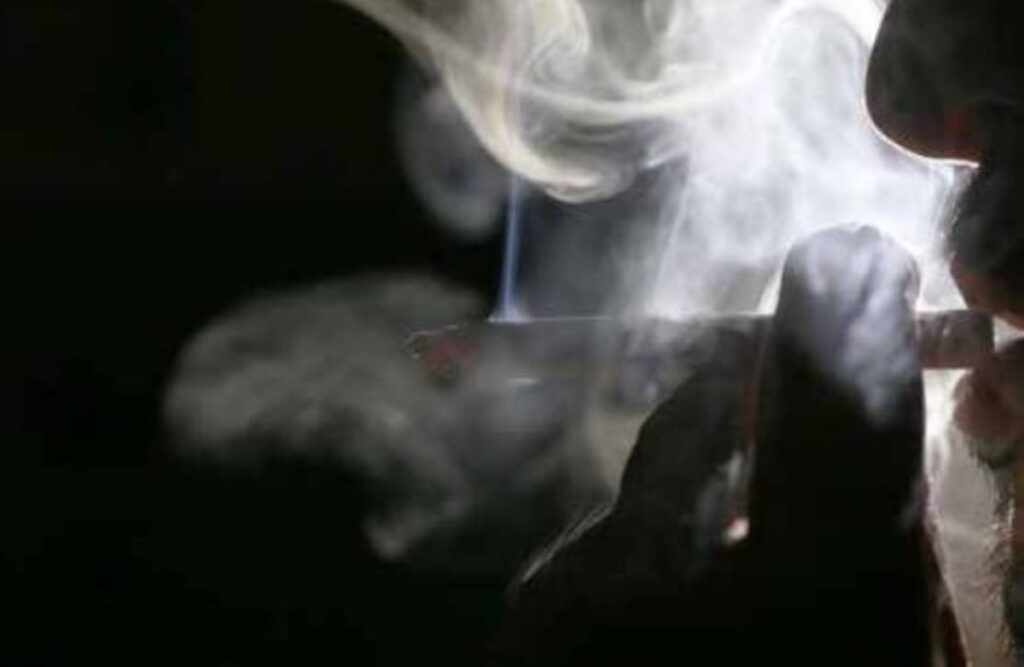KUWAIT: As part of its Pink Life Saver breast cancer awareness campaign, the Kuwait Anti-Smoking and Cancer Society, through its National Cancer Awareness Campaign (CAN) and with support from the Kuwait Petroleum Corporation and its companies, held an interactive workshop on “The Relationship Between Smoking and Breast Cancer.” Dr Khaled Ahmed Al-Saleh, Chairman of the Board of Directors of the Society and CAN, said the workshop was organized in collaboration with entities including the Regional Alliance for Non-Communicable Diseases in the Middle East and the Arab League for Smoking Control, affiliated with the Arab Medical Union.
The workshop featured participation from a range of experts, including physicians and specialists and was moderated by Dr Ibtihal Fadel, President of the Regional Alliance for Non-Communicable Diseases. Dr Fadel emphasized that smoking remains the most prevalent risk factor for cancer, particularly among young people of both genders and children, and is closely linked to breast cancer, the leading cause of cancer-related deaths among women globally.
Key statistics were presented by Dr Amani Al-Basmi, Public Health Consultant and Head of the Epidemiology and Cancer Registry Unit at the Kuwait Cancer Control Center. She noted that there are approximately one billion smokers worldwide, resulting in 8.9 million deaths annually from smoking-related diseases and 1.3 million deaths from secondhand smoke. In the Gulf Cooperation Council (GCC) countries, smoking rates are highest among males in Kuwait (41 percent), UAE (35 percent), and Bahrain (33 percent), while female smoking rates are 4 percent in Kuwait and 7 percent in Bahrain. Smoking accounts for 55.7 percent to 78.8 percent of lung cancer cases among GCC males. In 2022, breast cancer recorded the highest incidence and mortality rates in the Middle East and North Africa, with 49 new cases and 16.6 deaths per 100,000 people, respectively.
Dr Hessa Majid Al-Shahin, Board member and Executive Committee member of CAN, addressed the rising trend of smoking among women in the Arab world, noting their increased susceptibility to lung, cervical and breast cancers, as well as fertility issues and miscarriage. She highlighted the Society’s smoking cessation clinics, including those at its headquarters and Kuwait University, which provide free access to specialist doctors and treatments.
Dr Ahmed Saad Al-Saleh, Senior Registrar in Oncology Surgery, discussed scientific evidence linking smoking to breast cancer. He noted that exposure to secondhand smoke increases breast cancer risk by 24 percent, and female smokers who have been treated for cancer face a higher likelihood of recurrence. The risk escalates with the number of cigarettes smoked daily, doubling for those exceeding 40 cigarettes per day. Dr Al-Saleh emphasized that hookah and e-cigarettes are equally harmful, and that risk is particularly elevated prior to menopause.
Dr Youssef Al-Shaabi, Assistant Professor at Sana’a University and representative of the Arab Anti-Smoking Association, stressed the importance of targeting youth through family and school initiatives, sports, science, and cultural activities to counter tobacco advertising. He also highlighted the need to support smokers psychologically to maintain cessation efforts.
Dr Hayam Al-Nimer, Consultant Surgeon at Cairo University Hospitals – Al-Qasr Al-Aini, noted that among the thousands of toxic substances in cigarettes, 96 are carcinogenic, including nicotine, and some are radioactive. She explained that smoking weakens immunity, promotes chronic inflammation, and hinders cellular regeneration, all of which increase cancer risk. Dr Al-Nimer concluded that quitting smoking, psychological support, and awareness of early detection are essential to preventing breast cancer and improving survival rates.

